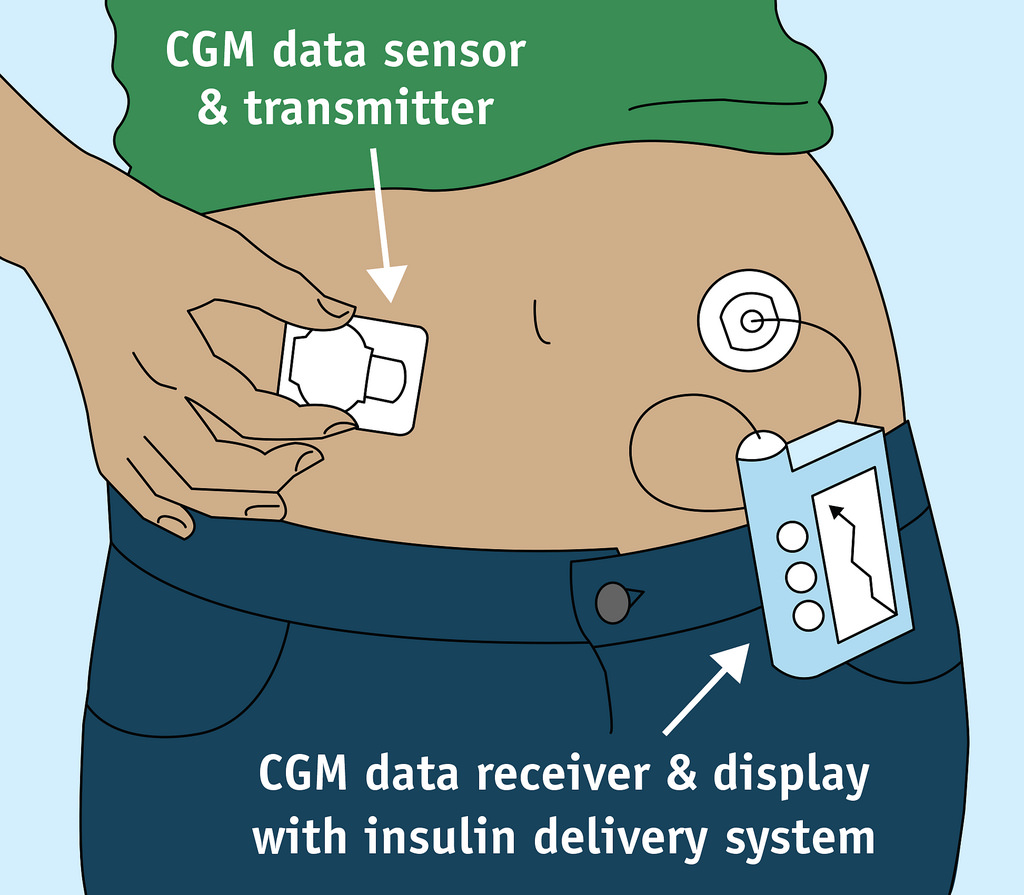Search

One step at a time … that’s the message Canadian Sebastien Sasseville wants kids living with Type 1 Diabetes to know when he talks about his T1D journey.

Having diabetes is hard and that's why our researchers are working tirelessly to develop more effective therapies to improve the lives of those living with T1D

Kayla Hesketh is the first patient recruited to a new study being carried out by the Children’s Diabetes Centre and University Children’s Hospital Basel.

Teens with diabetes may sometimes feel alone and even embarrassed about their diabetes. We asked Professor Donna Cross, for her tips for being a good friend.

We’d love to hear your feedback on our website and newsletter so we can make it more informative and interesting for WA’s Type 1 Diabetes community.

Diabetes WA is providing free ‘start-up’ information and training sessions for families new to CGM, in partnership with PMH.

Read about Jake's journey as the first participant recruited to the Hybrid Closed Loop Trial, led by Children's Diabetes Centre, in the Midland Reporter.

Children with Type 1 Diabetes (aged eight to 12 years) are needed for a new trial into Continuous Glucose Monitoring (CGM) and exercise.

New research led by The Kids' PhD student Matthew Cooper has found that some children with T1D have an increased risk of developing vascular diseases.

